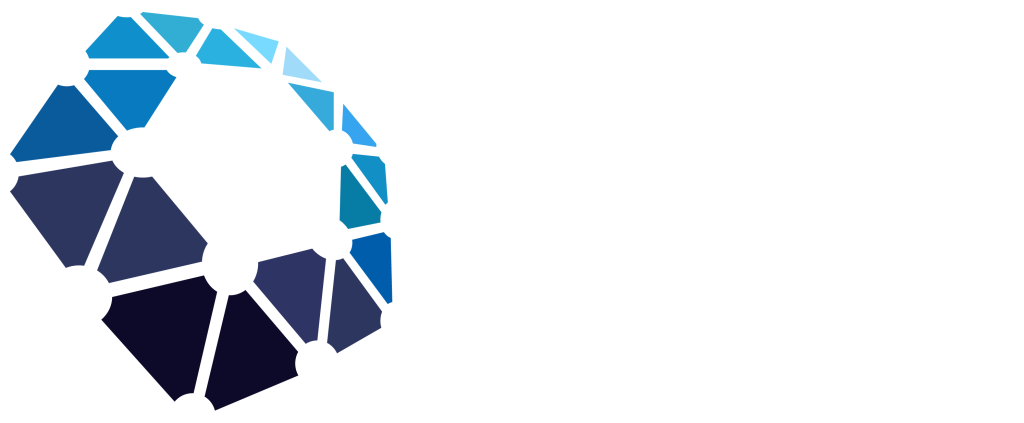In today’s dynamic financial landscape, asset tokenization is emerging as a transformative force, reshaping how we fund, trade, and manage assets across various industries. From investment and asset management to manufacturing, real estate, and art, tokenization is poised to disrupt and redefine our economic systems. Analysts predict that the market for tokenized assets could surpass $10 trillion by 2030.
What is tokenization?
At its core, tokenization is the process of converting tangible or digital assets into tokens on a blockchain. These tokens, verified and governed by smart contracts, serve as proof of ownership or access rights. Smart contracts, acting as the brains behind the operation, autonomously execute predefined terms, ensuring a seamless and secure transactional process.
Key Reasons for Tokenization:
No Intermediaries
Tokenization eliminates the need for intermediaries in the asset transfer process. Traditionally, transactions involving assets required intermediaries such as brokers, clearinghouses, and custodians. With tokenization on blockchain platforms, these intermediaries are bypassed, leading to more direct and streamlined transactions. This not only reduces transaction costs but also minimizes counterparty risk, as transactions occur directly between buyers and sellers. The absence of intermediaries enhances the efficiency and speed of the overall process.
Faster Settlements
The use of blockchain technology in tokenization enables faster settlement times compared to traditional financial systems. Smart contracts, self-executing contracts with the terms of the agreement directly written into code, facilitate automatic and swift execution of transactions. This eliminates the delays associated with manual processing and reduces settlement times from days to near-instantaneous execution. Faster settlements contribute to a more dynamic and responsive financial ecosystem, allowing investors to access their funds more quickly and efficiently.
Access to More Non-Institutional Investors
Tokenization broadens access to investment opportunities by allowing more non-institutional investors to participate. In traditional markets, certain investment opportunities are often limited to institutional players due to high entry barriers. With tokenization, fractional ownership and lower minimum investment requirements enable a more diverse range of investors, including retail investors, to engage in assets that were once exclusive to larger institutions. This democratization of access fosters a more inclusive and diverse investment landscape.
Opportunity for SMEs to Raise Capital Without Debt Financing
Small and medium-sized enterprises (SMEs) can leverage tokenization to raise capital without relying on traditional debt financing. By issuing tokens representing ownership in their assets, SMEs can attract a global pool of investors. This alternative funding mechanism provides SMEs with an opportunity to access capital without taking on additional debt, fostering business expansion and innovation. It also allows investors to diversify their portfolios by participating in the growth of promising SMEs.
Lower Issuance Costs
Tokenization reduces the costs associated with issuing and managing traditional securities. The streamlined processes, automation, and elimination of intermediaries contribute to lower issuance costs. This cost-effectiveness makes tokenization an attractive option for both issuers and investors. Issuers benefit from reduced administrative overhead, while investors enjoy a more cost-effective means of accessing and managing their investment portfolios.
Paperless, Public Registry
Tokenization replaces traditional paper-based record-keeping with a secure and transparent digital ledger. This digital, decentralized ledger serves as a public registry, providing an immutable and tamper-proof record of asset ownership. The move to a paperless system enhances transparency and accountability in financial transactions. Participants can easily verify ownership, track the history of asset transfers, and ensure compliance with regulatory requirements. The public nature of the registry contributes to a more open and trustworthy financial ecosystem.
Benefit from Efficiency Gains of Tokenization
Market participants, including investors and issuers, benefit from the efficiency gains brought about by tokenization. Streamlined processes, automated compliance, and reduced administrative overhead contribute to overall market efficiency. This efficiency not only accelerates transaction processing but also improves the overall functioning of financial markets. Investors can enjoy a more seamless experience, and issuers can efficiently manage the lifecycle of their assets, from issuance to transfer and beyond, resulting in a more agile and responsive financial ecosystem.
The transformative power of tokenization is not just a technological innovation; it represents a fundamental shift in how we approach and conduct financial transactions. By eliminating intermediaries, facilitating faster settlements, and democratizing access to investment opportunities, tokenization is paving the way for a more inclusive and efficient financial ecosystem.
From our expertise in asset tokenization services, we highlight the most profitable real-world assets that can be tokenized:
- Real Estate Property: Tokenizing real estate unlocks fractional ownership opportunities, making high-value properties accessible to a broader investor base.
- Investment Funds and Securities: Digitalized investment instruments can be traded continuously, eliminating constraints present in traditional stock exchanges.
- Physical Property: Blockchain transparency and security enhance the tokenization of physical assets like cars, livestock, and machinery.
- Commodities and Natural Resources: Tokenization lowers entry barriers for investors and ensures traceability in the commodities market.
- Intellectual Property: Tokenizing intellectual property creates new revenue streams for inventions and patents.
- Artwork, Collectibles, and Luxury Assets: Tokenization brings liquidity to traditionally illiquid markets, enabling fractional ownership of valuable assets.
Ready to start your tokenization journey?
Explore the potential of asset tokenization with our services:
- Asset Tokenization Platforms: Develop seamless platforms for tokenization, ensuring compliance with local and international regulations.
- Asset Tokenization Smart Contracts: Integrate tokenization into existing solutions with smart contracts, offering users full accessibility to the platform.
- Tokenized Asset Management Solutions: Empower users with centralized management solutions, allowing effortless tracking, distribution, and optimization of digital tokens.
Contact PSI Tech Solutions to stay ahead in the evolving landscape of digital assets.

